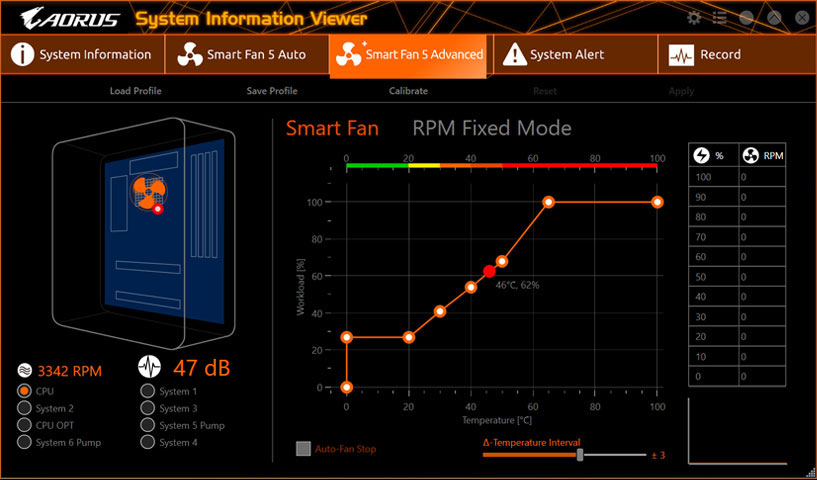
The more devices connected to Wi-Fi and running at the same time, the more of your internet’s bandwidth gets subdivided, which could hurt the internet speed of any given device. If there’s a stark difference, I’d recommend investing in a Wi-Fi extender if you have a small home, or a mesh router system like Nest Wifi or eero if you have a larger home.

A good way to see the difference is to run a speed test (see above) right by your router and then another speed test where you need a fast Wi-Fi connection. The further away from the router, the worse its Wi-Fi connection and the slower its speed is going to be. When it comes to internet speed, one thing to consider is the proximity of your device to your router. That is, unless you have multiple people playing online games and using the internet for strenuous things at once. You can have a speed that’s over a 1,000 Mbps, which is great but admittedly overkill for most homes. A speed of over 100 Mbps is best for households that have five or more people living in it, or for people who just want really fast and reliable internet.If it’s a household that frequently streams 4K video and does a lot of competitive online gaming, you want a speed that’s closer to 100 Mbps. A speed between 50 Mbps and 100 Mbps is pretty average for homes with three or four people.If you’re streaming 4K video and you’re worried about lag, a 25 Mbps internet speed should be the minimum. It’s a decent speed for small homes with one or two people, as it’ll be fine for using a few devices to stream Netflix, watch 1080 YouTube videos, FaceTime calling, play online video games, and browse the web.

#ETHERNET STATUS SAYS I HAVE 1GBPS. ONLY GETTING 1.8 DOWNLOAD#

Once you run a speed test, it will let you know your download and upload speeds in Mbps. It takes less than 30 seconds and it’s free. We recommend going to SpeedTest or Google’s own speed test. To check the speed of your connection, all you have to do is run a speed test on your device. Both are generally measured in Megabits or Gigabits per second (M/Gbps).

Bandwidth is the size of the pipe, while speed is the, well, speed of the data flowing through it. The speed of the internet on a given device is the rate you download (or upload) something from the internet. First, a clarification of terms: there’s a difference between what you generally experience as “speed” and “bandwidth.” The bandwidth of your network is the maximum amount of data that your entire home can handle downloading (or uploading) at once.


 0 kommentar(er)
0 kommentar(er)
